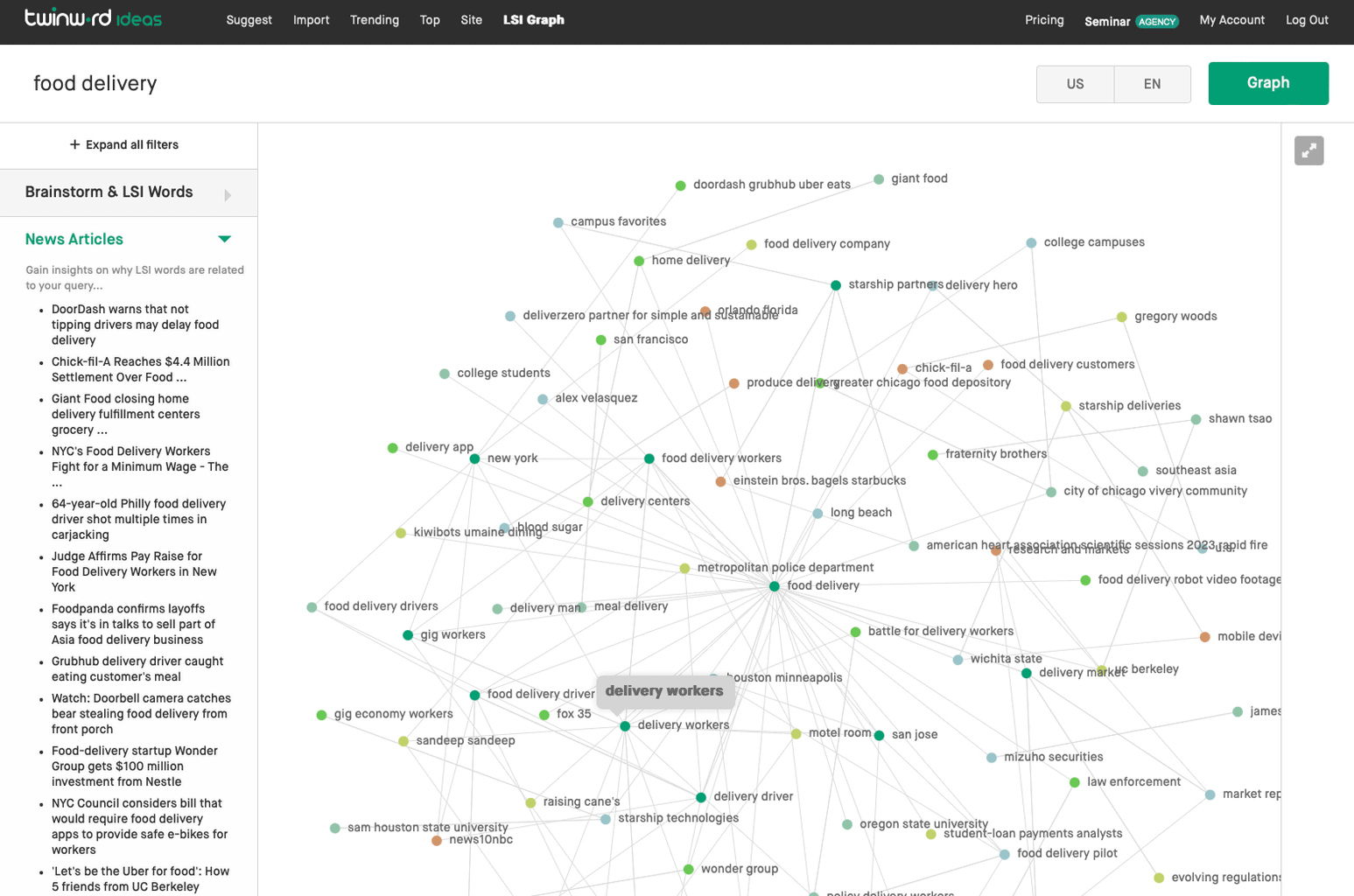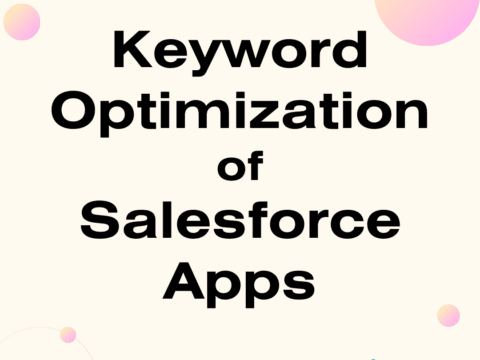
Did you know that Google uses your past search history to give you more relevant results?
Here is an experiment you can try:
1. In a private browser session (with no cookies), go to Google.com and just start typing “food ” (with a space following). You should see some autocomplete suggestions such as “food near me”. 
2. Now, erase it and type “allergies” and then press enter to search. 
3. In the search box, erase “allergies” and start typing “food ” again (with a space following). Your autocomplete will now show a suggestion like “food allergies”. 
These are not simple matches. Google’s aim is to understand searches and find relevant web pages.
Google Wants To Understand Your Search
When you search, Google is trying to give to users (humans) what they would expect if they were talking to a real person. If you are looking for information on a topic, they want to be able to understand exactly what you want and where to look for it.
After having searched “allergies”, suggesting the default “food near me” makes no sense to humans like you and I. However, from an engineering perspective, having an awareness of context and maintaining state is not a simple task. Google will need multiple layers of technology such as the understanding of topic and relevance to accomplish this, by no means an easy task.
Thus, we can see Google’s ultimate direction from the technology they choose to develop.
Privacy Issues?
In Google’s Privacy Policy on Relevant Search Results, it states that they will try to use everything you “share” with Google to give you more relevant results. This includes your friends list on Google Plus, your search history, and more. Their main Privacy Policy defines the information they collect to include your device type, location, the apps and services you use, local storage, and cookies.
If you are interested in who they can share your data, identity, and search history with, you can also find that in the same Privacy Policy. First of all, they can share any part of your data, identifiable or non-identifiable with their “team”, which include the contractors working with Google as long as there is a “need to know”. Here is the actual text:
We restrict access to personal information to Google employees, contractors and agents who need to know that information in order to process it for us, and who are subject to strict contractual confidentiality obligations and may be disciplined or terminated if they fail to meet these obligations. (Google’s Privacy Policy, 2017-09-11)
It says that they can share your data with the public (ie. Google Trends), as long as they anonymize the data. Here is the actual text.
We may share non-personally identifiable information publicly and with our partners – like publishers, advertisers or connected sites. For example, we may share information publicly to show trends about the general use of our services. (Google’s Privacy Policy, 2017-09-11)
In actuality, in our ever-so-digital world, what ever you type into your browser (or into any computer application for that matter) can be transmitted to and stored on someone’s server without you ever knowing, legally or illegally. Don’t ever assume you are safe while logged out or offline. The next time you connect, the data can be ready and waiting to be sent in a report.
Another Way Google Is Trying To Understand The Web
Google’s aim is to deliver to its users the most relevant content with the highest quality. When trying to figure out the topic and quality of a web page, it looks at indicators. Some indicators of quality are the website’s backlink profile, domain authority, and not being spammy. As for indicators of relevance, Google uses LSI Keywords. LSI Keywords are words a writer would naturally include when writing on a specific topic. The more a web page has of these relevant words, the more related Google thinks it is to a specific topic.

An extensive LSI words graph generated for the term “food delivery” with Twinword’s LSI keywords finder tool
For those in content marketing, this is an important concept. You can read more about LSI Keywords and how to use them to improve your relevance to Google for your topic.



